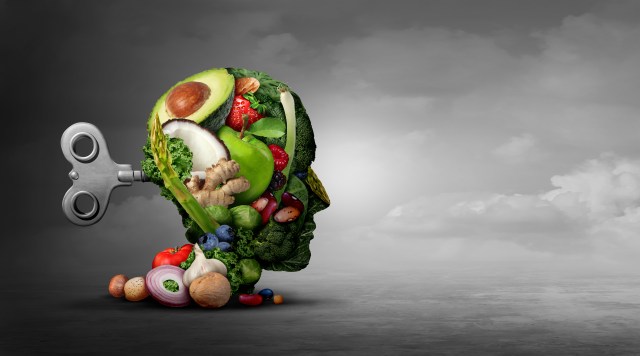
Learn how what you eat can impact how you feel.
Have you ever noticed that after eating food high in sugar, while it seems delicious and tempting at the time, shortly after, you’re experiencing an energy slump and cravings for more? This is because the food you eat can affect your mood and emotional state negatively and positively. Keep reading to learn about the best diet for optimal mood and energy.
Are Added Sugars the Culprit?
Foods high in added sugar may cause rapid spikes in blood sugar levels, leading to a fleeting burst of energy and then a crash, making you tired and irritable. In addition, studies suggest a link between diets containing high levels of sugar and an increased risk of depression. However, more research is needed to understand how reducing added sugar intake may improve depression symptoms fully.
Reducing added sugar intake can also help support immune function and improve overall health, benefit energy levels, support skin health, reduce the risk of chronic diseases such as type-2 diabetes, heart disease and certain types of cancers, and drinking fewer sugar-rich beverages can lead to better weight management.
Change is in the works to further educate Americans on how to make healthy decisions about their food, with proposed guidance from the Food and Drug Administration (FDA) on recommendations for reducing sodium and added sugar intake and reflecting this on food labels.
The Best Diet for Optimal Mood and Energy
While added sugar may be the culprit when it comes to mood and energy slumps (as well as other health issues), foods rich in protein, complex carbs (on Atkins, these are fiber-rich vegetables and smaller amounts of whole grains), and healthy fats may provide sustained energy and help stabilize blood sugar levels, improving your overall mood and reducing feelings of anxiety or depression. In other words, everything you eat on a low carb diet may have a powerful and positive impact on your mood and energy levels.
A Low Carb Diet Is Good for Your Mood
There’s a long list of foods you eat on a low carb diet that may improve your mood:
- Certain nutrients, such as omega-3 fats (like those found in cold-water fish) and magnesium (found in dark green leafy greens, to start), have been shown to affect brain function and mood regulation positively.
- Berries are rich in antioxidants.
- Nuts give you a boost of healthy fats and protein.
- Fermented foods like kefir and kombucha, kimchi, and sauerkraut can improve gut health and promote a better mood.
- Spices like turmeric, saffron and ginger have been shown to have mood-boosting effects.
- Tea, especially green tea, has been linked to lower stress levels.
Low Carb Recipes Good for Your Mood
We’ve curated a list of recipes featuring international flavors that have the potential to improve your mood:
Chia Pecan Overnight Oats
Chia is a rich source of magnesium, and pecans boost healthy fats and protein, while oats are a reliable source of whole grains, meaning sustained energy levels to start your day off just right.
Golden Cauliflower Curry Soup
Mood-boosting turmeric is the main ingredient in curry powder, the predominant seasoning in this Indian-inspired soup.
Kimchi Soup
Kimchi is a traditional Korean dish made with salted and fermented nutrient-dense vegetables like cabbage and seasoned with garlic, ginger and chilies. Kimchi gives this soup a spicy kick, while ground pork and mushrooms turn it into a delicious meal in a bowl worth slurping up.
Lentils with Toasted Pepitas
Toasted pepitas (pumpkin seeds) are rich in magnesium and give this tasty side dish some crunch, while lentils add whole-grain goodness.
Saffron Shrimp and Quinoa Paella
Paella is a classic Spanish dish featuring saffron, rice, vegetables and seafood. Here, quinoa is a lower carb sub for rice.
Sashimi Plate with Pickled Ginger
Raw salmon and tuna are excellent sources of omega-3 fats, which are also linked to improving your mood, as is fresh ginger.
